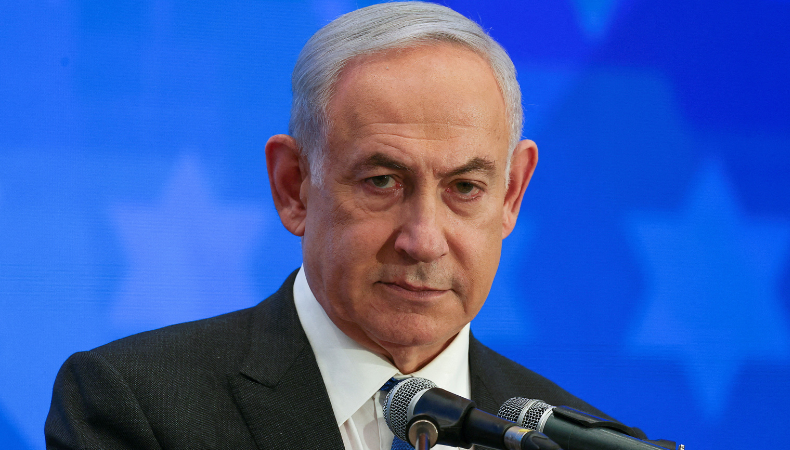Netanyahu criticizes Schumer’s election call as unsuitable

In a government meeting, Israeli Prime Minister Benjamin Netanyahu reaffirmed Israel’s commitment to proceed with a military operation in Rafah, despite objections from the Biden administration. This bold assertion highlights Israel’s resolve to pursue its strategic objectives in the region, irrespective of international pressure.
Netanyahu’s insistence on the military incursion reflects Israel’s longstanding approach to safeguarding its national security interests. With Rafah serving as a focal point for potential security threats, particularly amid ongoing tensions with Palestinian factions, Netanyahu’s stance underscores the Israeli government’s determination to maintain control over strategic territories.
Criticism from Palestinian Ministry and U.S. Officials
The Palestinian foreign ministry swiftly condemned Israel’s repeated threats to invade Rafah as a blatant challenge to international and American consensus on the protection of civilian populations. Such condemnations highlight the diplomatic rift between Israel and the Palestinian authorities, exacerbating existing tensions in the region.
Meanwhile, remarks by U.S. Senate Majority Leader Chuck Schumer advocating for a new election in Israel drew sharp criticism from Netanyahu. Schumer’s comments, viewed as interference in Israeli domestic affairs, underscore the complexities of navigating diplomatic relations between Israel and its key ally, the United States. In contrast, former House Speaker Nancy Pelosi’s defense of Schumer’s remarks reflects the diversity of perspectives within the U.S. political landscape regarding Israel’s policies and leadership.
Talks in Doha Responding to Hamas Proposal
Against the backdrop of escalating tensions, diplomatic efforts continue with talks set to resume in Doha, Qatar, spearheaded by Israel’s intelligence chief. This diplomatic initiative follows a proposal put forth by Hamas, which has adjusted its original demand for an immediate, permanent cease-fire. Israel’s initial dismissal of the proposal as “unrealistic” underscores the challenges in reaching a mutually acceptable resolution to the conflict.
The resumption of talks in Doha signals a renewed commitment by both parties to explore diplomatic avenues for de-escalation. However, entrenched distrust and divergent interests pose formidable obstacles to achieving a sustainable peace agreement. As negotiations unfold, the international community closely monitors developments in hopes of achieving a breakthrough in the protracted Israeli-Palestinian conflict.
Aid Delivery and Rising Casualties in Gaza
Amidst the geopolitical maneuvering and diplomatic negotiations, humanitarian concerns remain paramount, particularly in Gaza. Aid agencies sound increasingly urgent alarms over acute hunger and malnutrition, emphasizing the critical need for a cease-fire to facilitate the safe and continuous delivery of aid to the enclave’s vulnerable population.
The recent arrival of a private aid ship off Gaza’s coast, laden with 200 tons of aid, underscores the immediate humanitarian needs of the population. However, the humanitarian crisis is compounded by the rising casualties in Gaza, with the death toll surpassing 31,600, including fatalities attributed to malnutrition. Additionally, the Israeli military reports casualties among its soldiers, underscoring the human cost of the ongoing conflict




